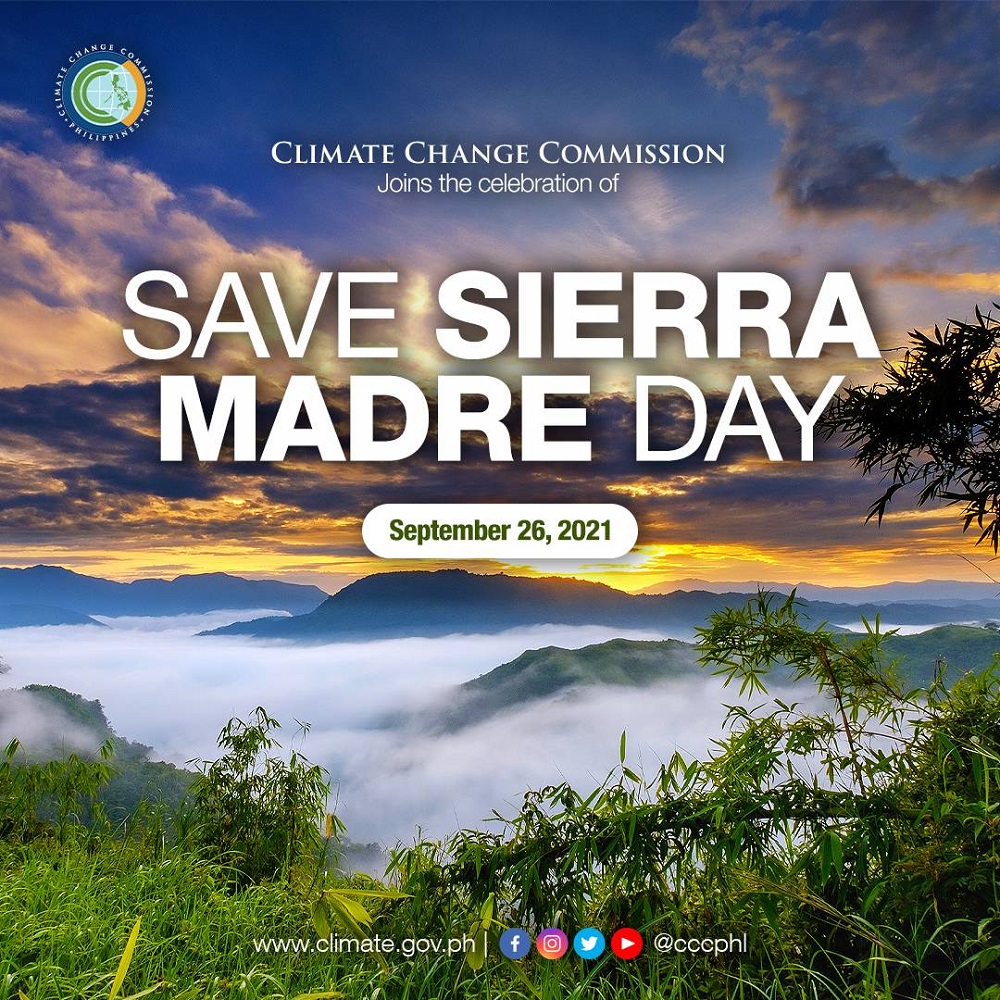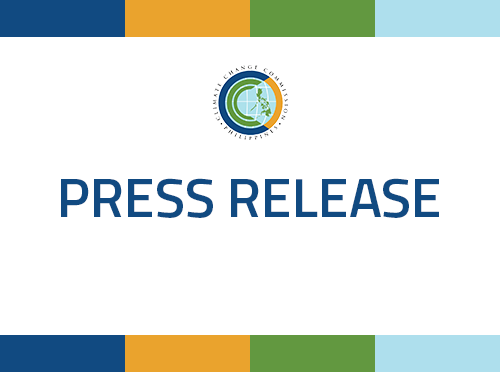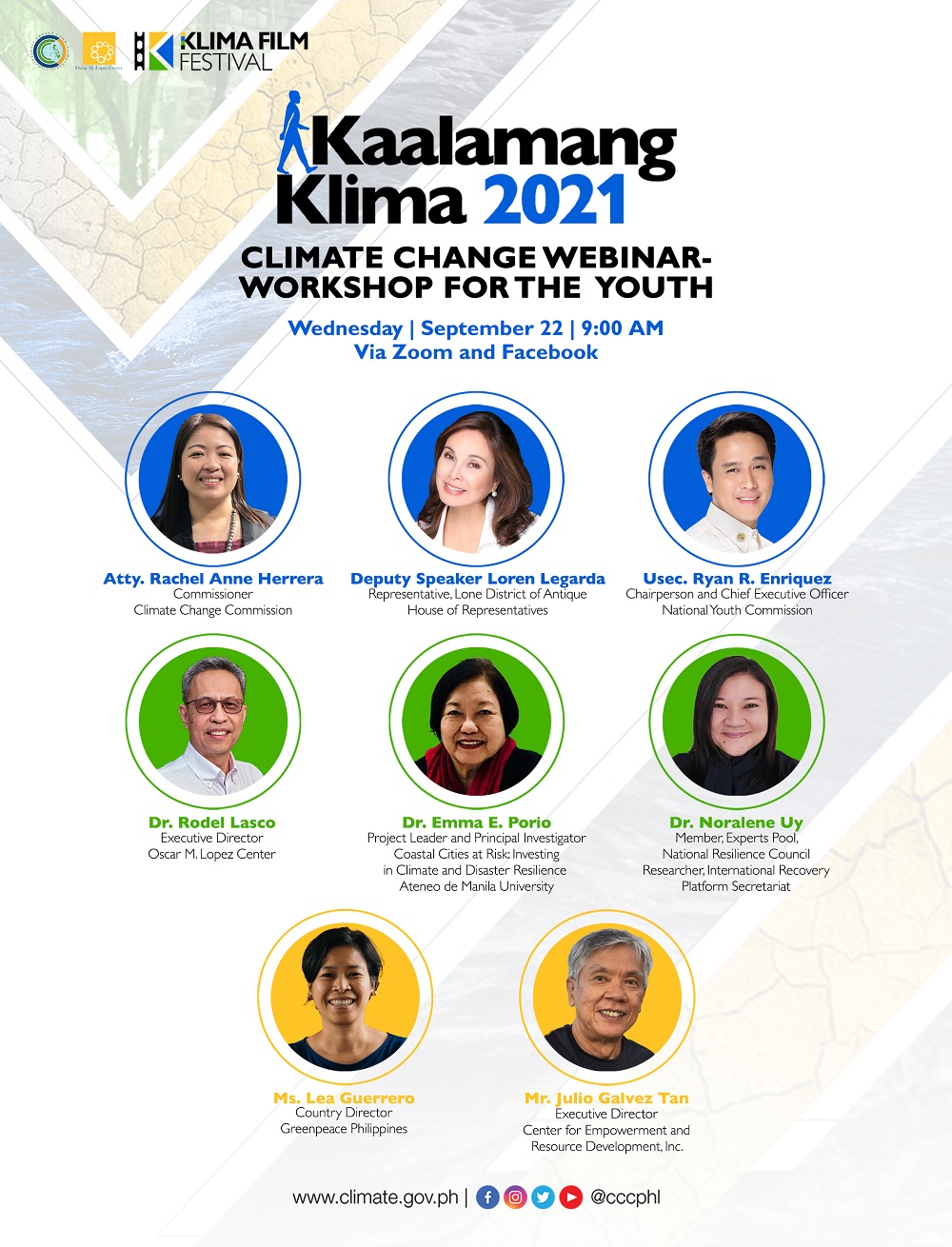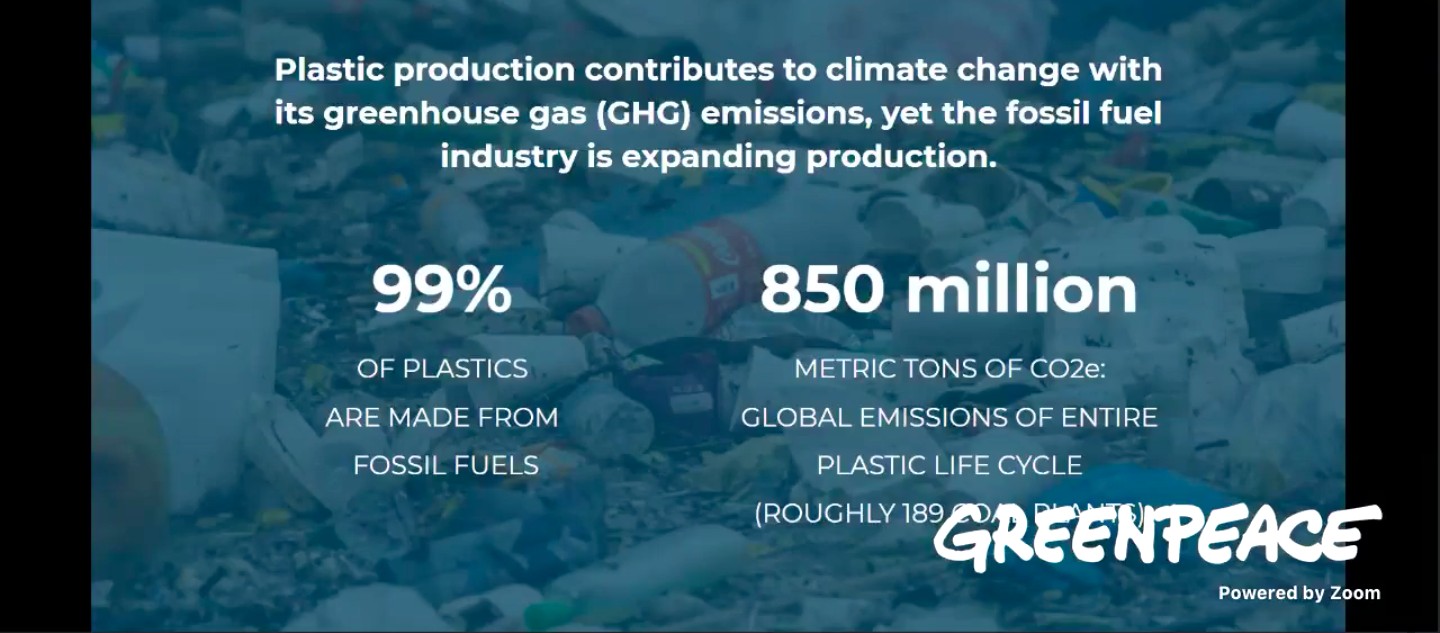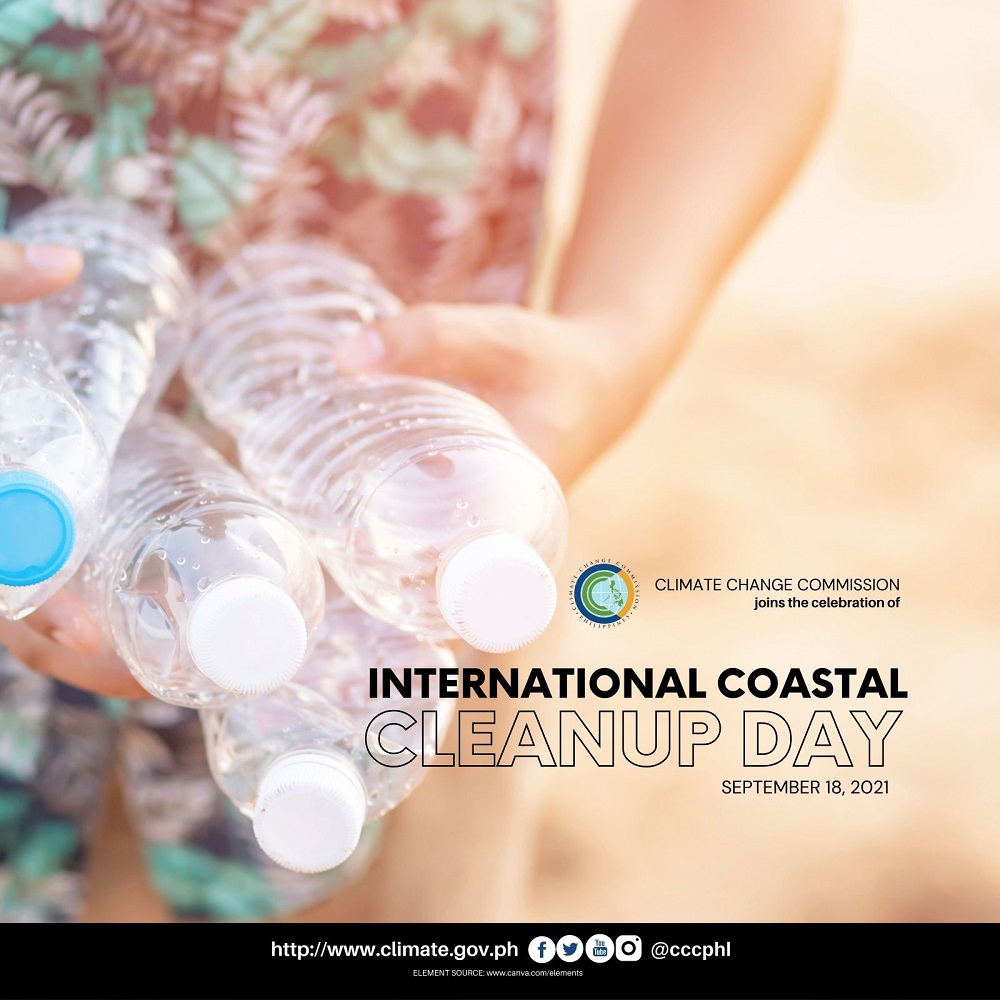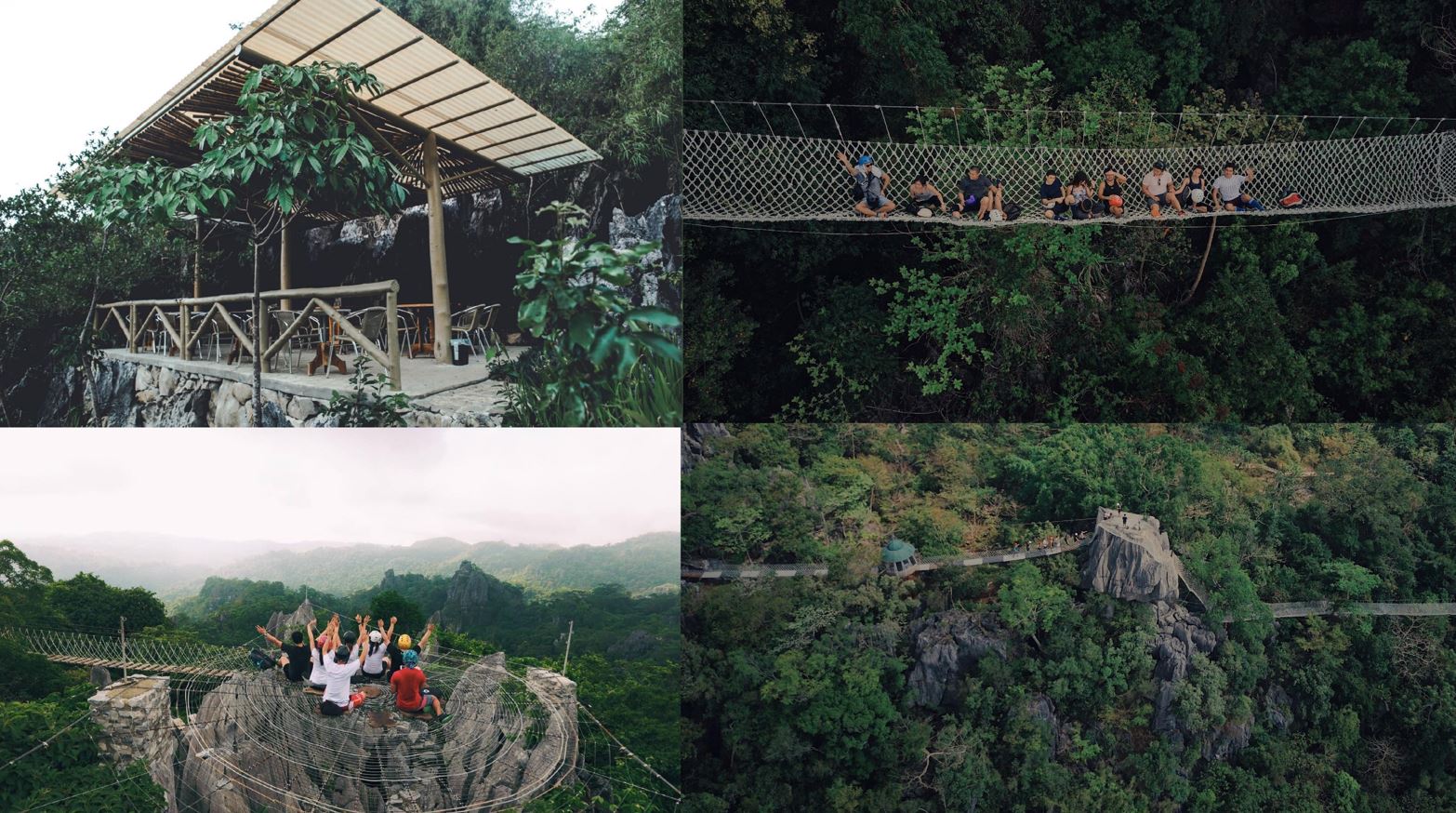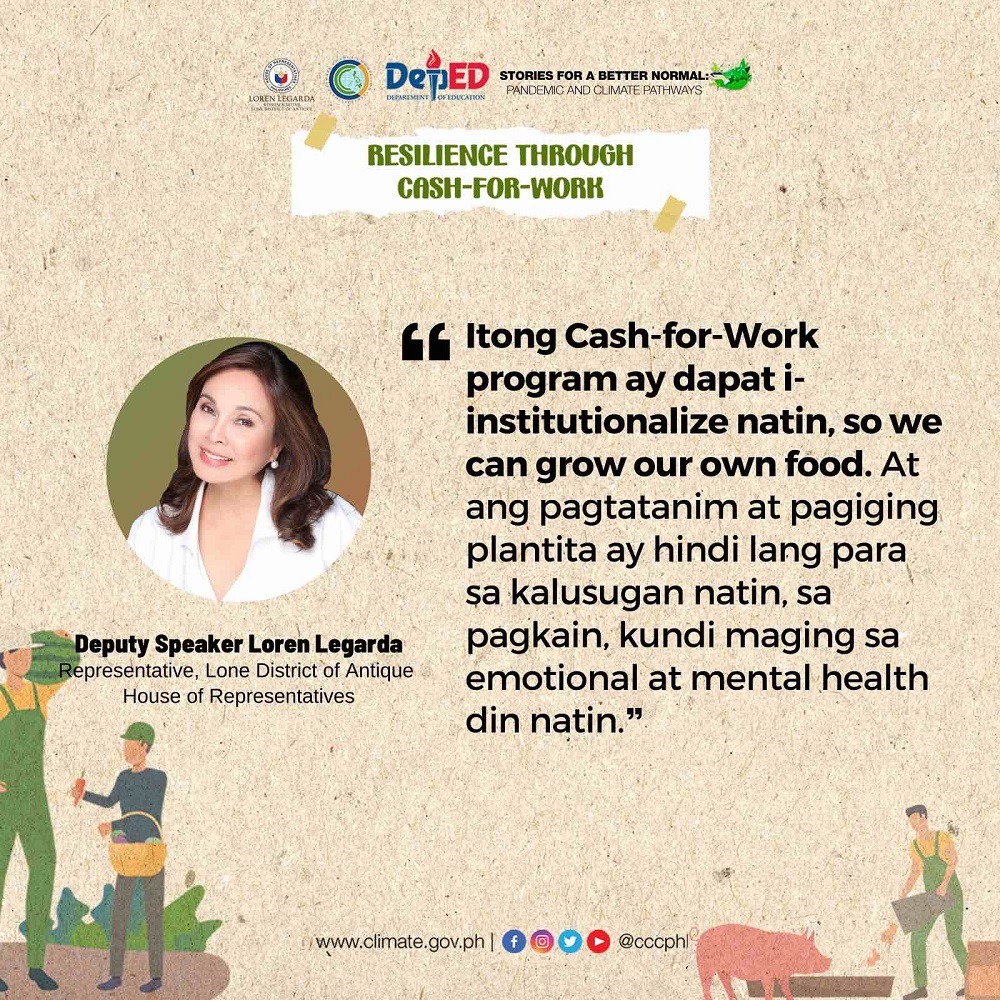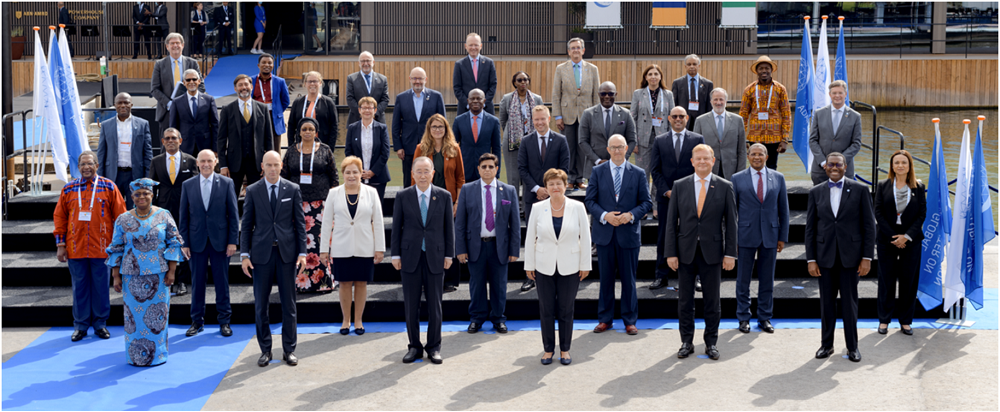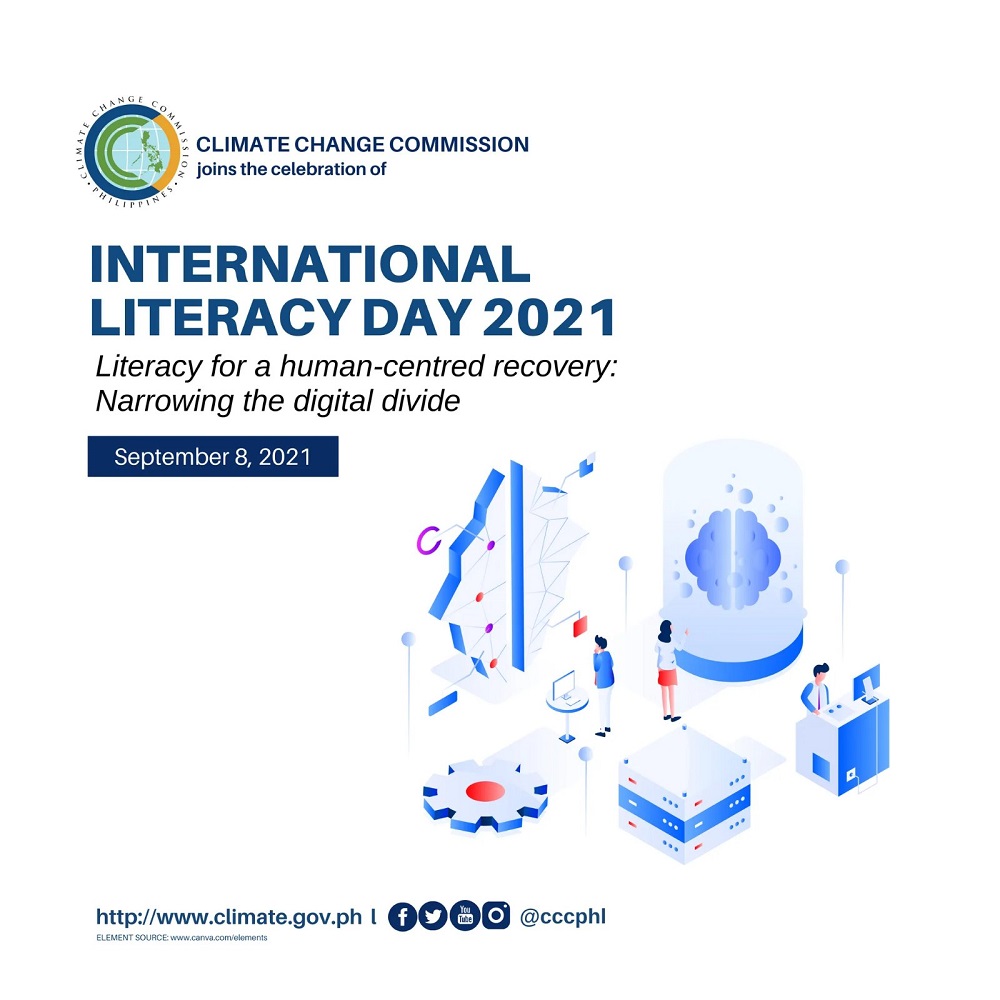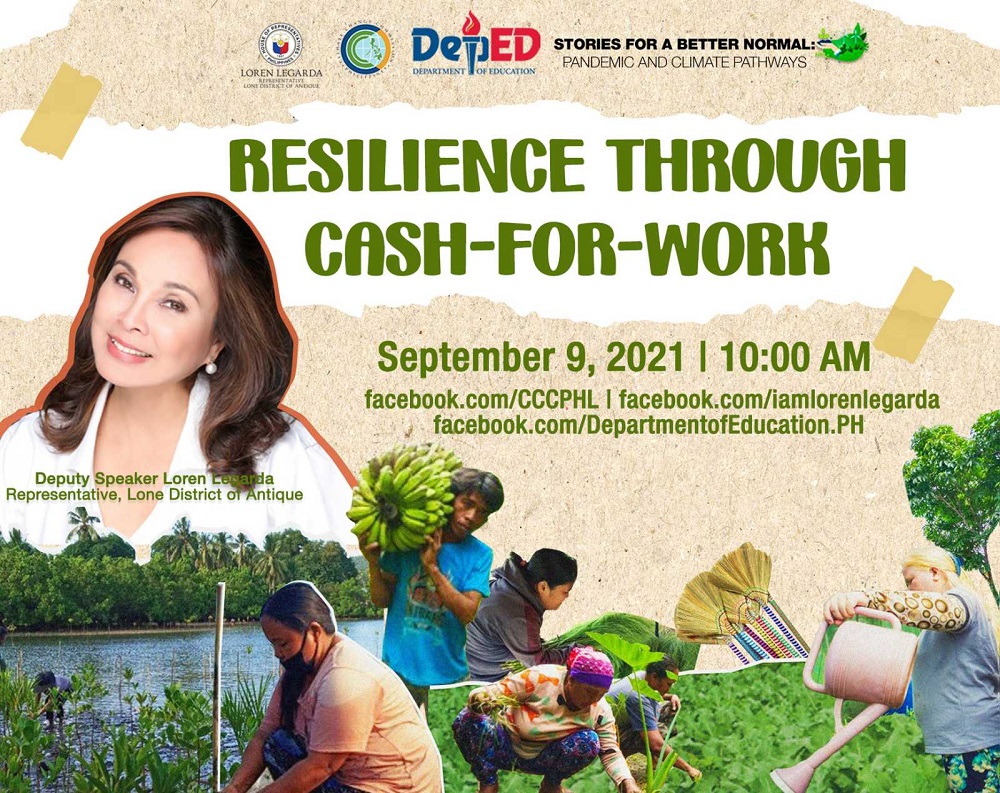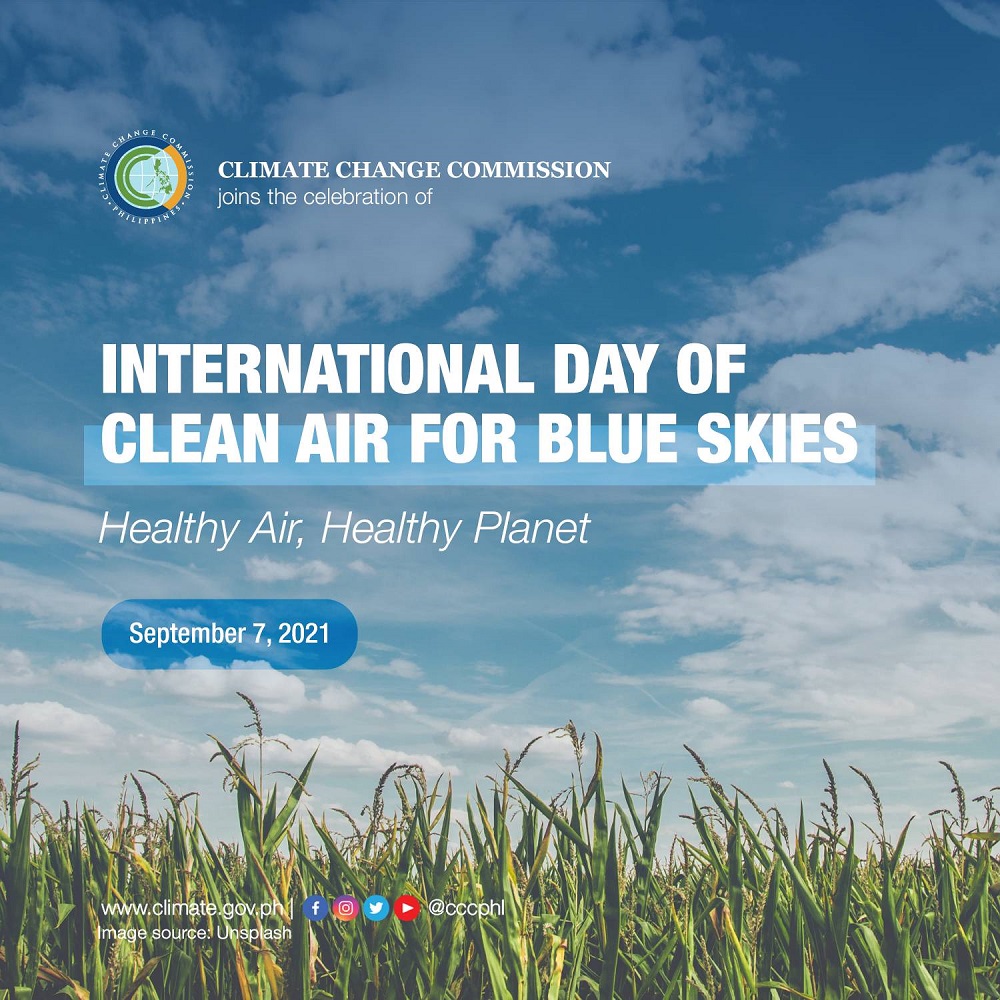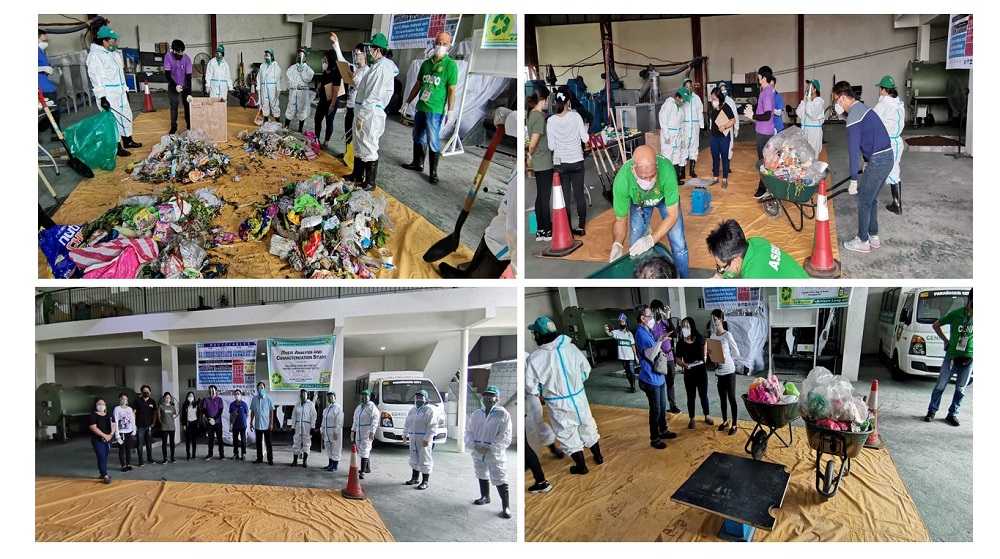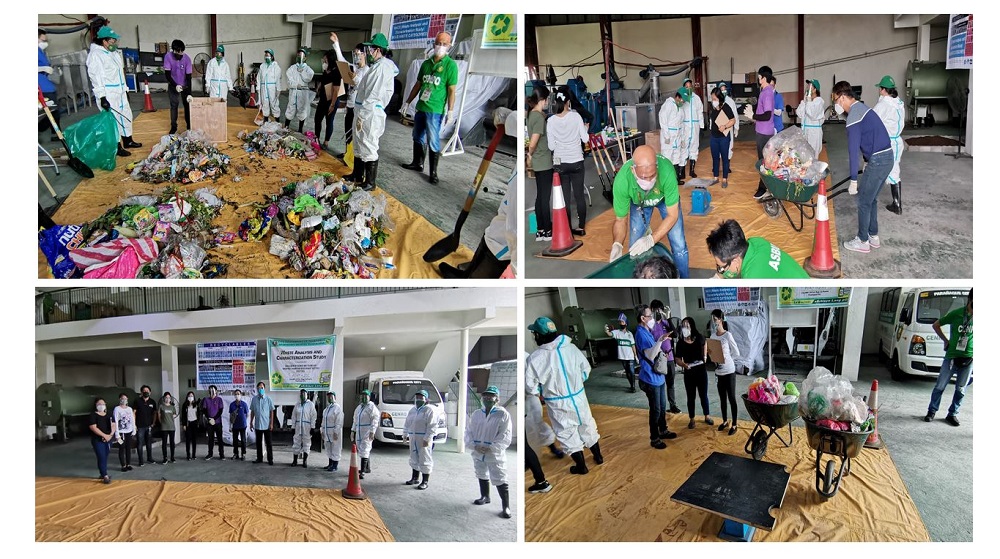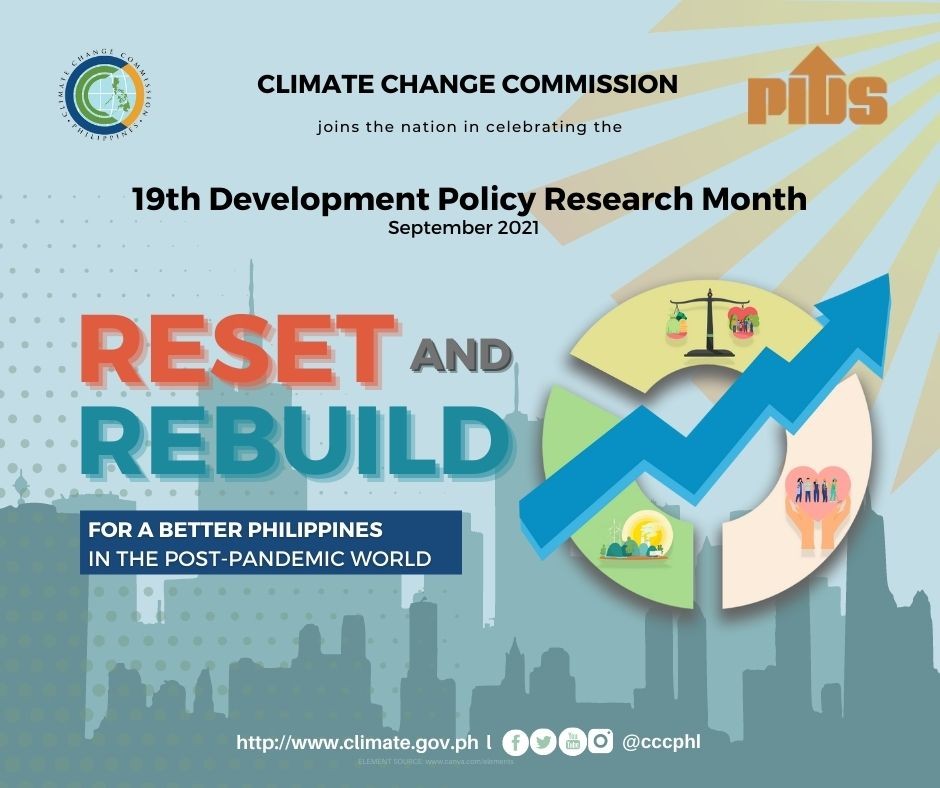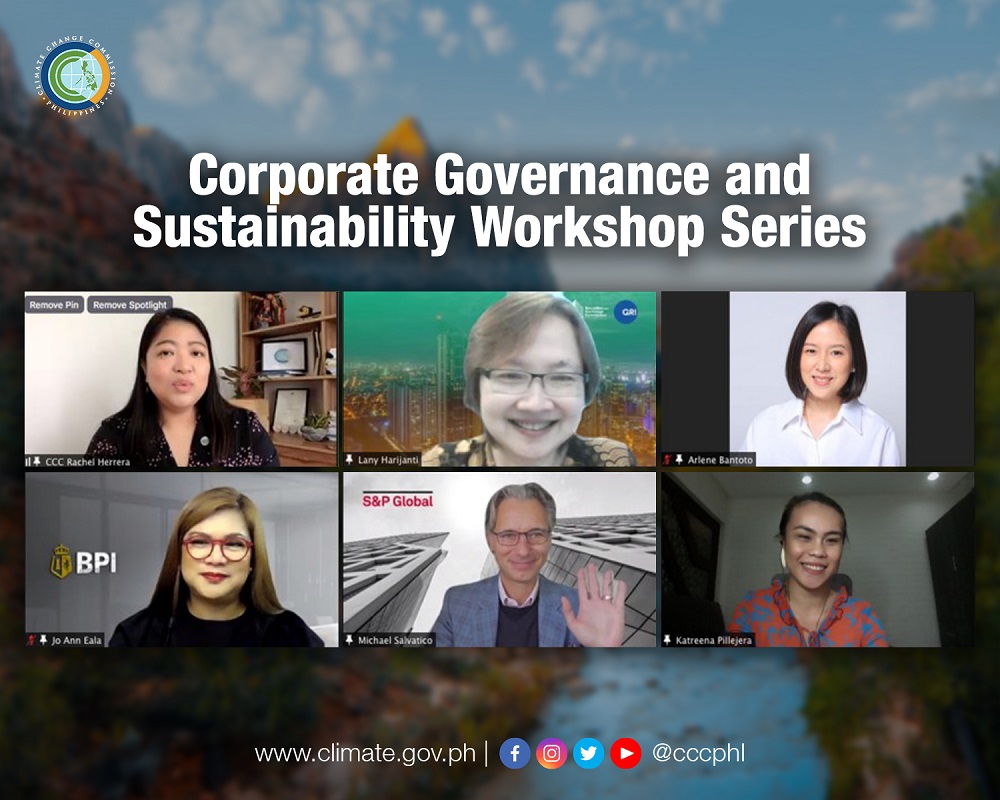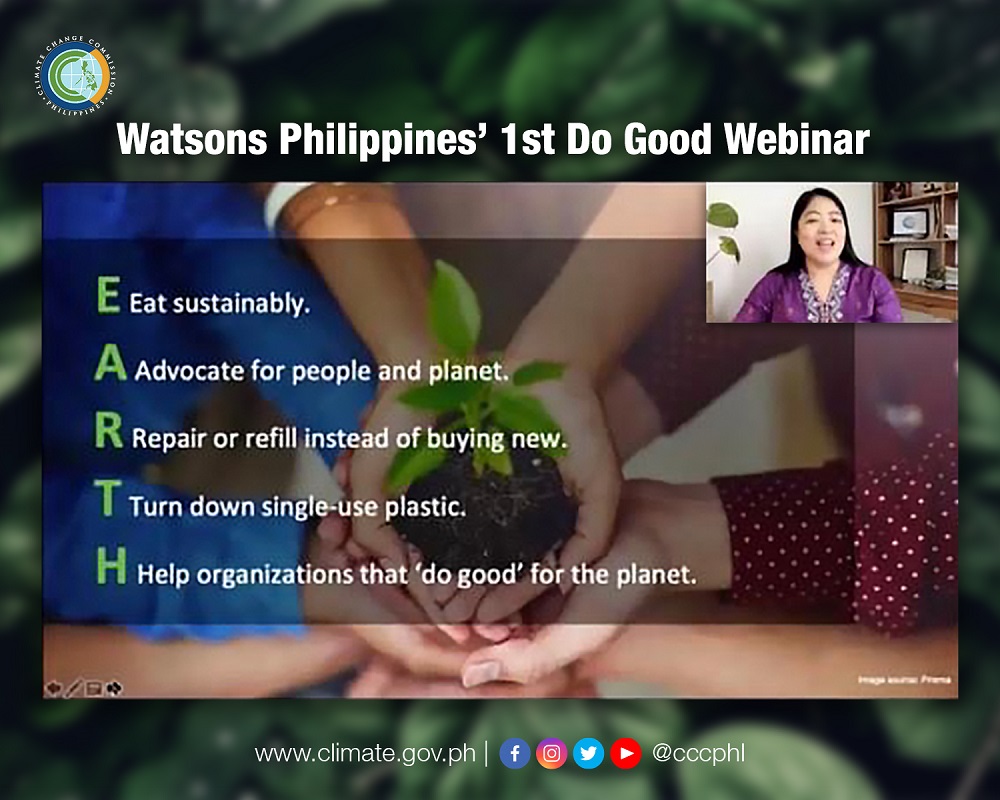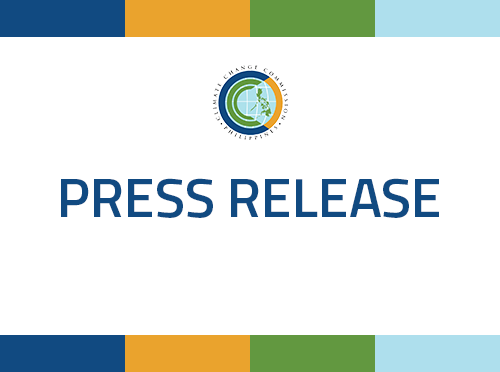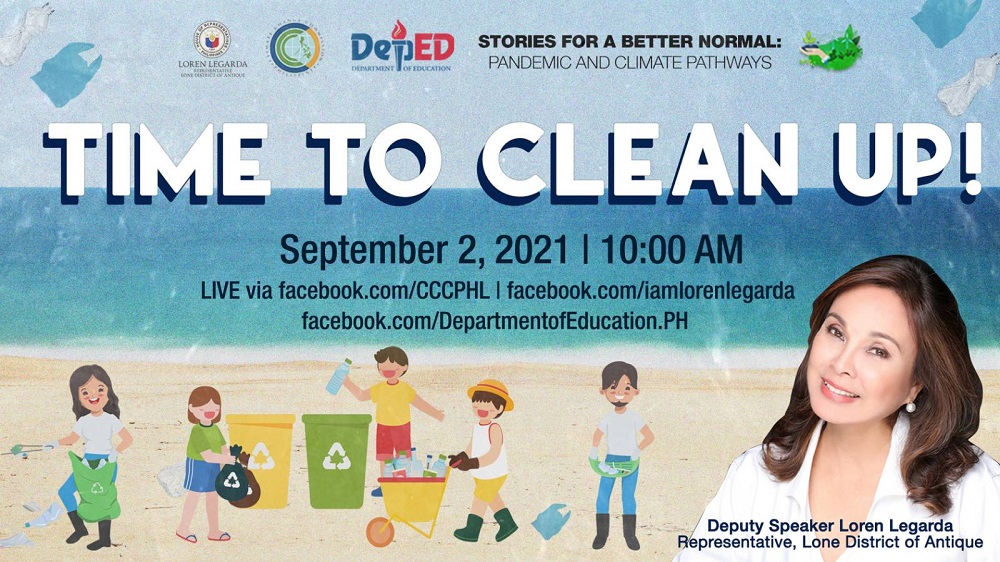MAYNILA, ika-31 ng Agosto 2021 — Sa ika-59 na episode ng “Stories for a Better Normal: Pandemic and Climate Pathways”, itinampok ang patuloy na pagkilos ng local government units at national government agencies upang maisulong ang konsepto ng sustainable urban mobility sa Metro Manila.
Ang online na talakayan, na hango sa konsepto ng dating three-term Senator, at ngayo’y Deputy Speaker at Antique Representative Loren Legarda, ay dinaluhan ng mga panauhin na sina Mayor Joy Belmonte ng Quezon City; Robert Anthony Siy III, Transport Head mula Pasig City; Brian Geli, Information Officer mula San Juan City; Atty. Odilon Luis Pasaraba, Assistant Secretary mula Department of the Interior and Local Government (DILG); Eldon Joshua Dionisio, Senior Transportation Development Officer mula Department of Transportation (DOTr); Michael Salalima, Head Executive Assistant mula Office of the Chairman ng Metropolitan Manila Development Authority (MMDA); at Aldrin Pelicano, Founder ng MNL Moves. Kabilang din sa mga dumalo si Red Constantino, Executive Director ng Institute for Climate and Sustainable Cities (ICSC), biliang co-host ng programa.
“Sinimulan natin ang mobility discussions early last year and it's taking only a few months, a year to produce a revolution that's underway, kasi ang mode natin ay tulong-tulong. Huwag kalimutan ang bayanihan, huwag kalimutang mangarap. Pero ang pangarap ay hindi mangyayari kung hindi natin ito inasikaso, at ‘pag hindi tayo nakialam,” sabi ni Red Constantino.
Ang mga local government units ng Quezon City, Pasig City, at San Juan City ay nag-present ng kani-kaniyang mga stratehiya sa pagbibigay ng active mobility at non-motorized mainstream modes ng transportasyon sa nakararami na hindi lamang safe at functional, kundi efficient at environmentally-sustainable rin.
“Mayroon tayong core values para sa active transport at sustainable mobility program: Kailangan ito ay comprehensive, climate-smart, equitable, convenient, at accessible. Sa loob ng programang ito; mayroon tayong bicycle lane network o ang QC bike lanes; mayroon tayong isinasaayos na mga pathways o GORA lane upang maisulong ang walkability at pedestrianization; mayroon tayong electric transport; at mayroon ding integrated at planned city bus system na libre para sa lahat ng gustong sumakay sa ating bus – hindi lamang para sa mga residente ng Quezon City, kundi para na rin sa lahat ng may pakay sa Quezon City na nangangailangang sumakay gamit ang aming transport system,” sabi ni Mayor Belmonte.
“Ang Pasig Transport Office ay nagde-develop at nag o-operate ng mga transportation solutions na naglalayong ma-improve ang mobility at maitaguyod ang iba't-ibang sustainable forms ng transportasyon sa buong lungsod. Inihahatid nito ang sustainable transportation agenda ng Lungsod ng Pasig para sa walking, cycling, at mass public transport,” sabi ni Siy.
“Noong nakaraang taon, nagsimula kami ng walang bike lanes. Pero noong June 3, 2020, World Bike Day, nangako kaming mag-bigay ng ligtas at praktikal na bike lanes di lamang para sa mga San Juaneños, kundi para na rin sa lahat ng dumadaan sa aming lungsod. Mula 0 hanggang 5 kilometro noong aming mobility awards, na ngayo’y 8.8 kilometro ng bike lanes. Ang Lungsod ng San Juan ay napaka-liit, kami'y umaabot lamang ng mahigit-kumulang 5.94 square kilometers sa lawak, kaya medyo maikli at maliit lang ang aming bike lanes. Gayunpaman, nangangako kaming makapag-bigay ng healthier at mas sustainable na mobility para sa lahat ng taga Metro Manila, lalung-lalo na sa mga San Juaneños,” sabi ni Geli.
Ibinahagi ni Aldrin Pelicano ang resulta ng volunteer pedestrian at bicycle count, na kilala din bilang Metro Manila Counts.
“Ngayon, higit pa noong una, kailangan gawing permanenteng bahagi ng programa ng MMDA, katulong ng LGUs, ang pagbibilang. Kapag sila'y nagbilang, kapag nakuha nila ang bilang ng mga taong nagbibisikleta, mas madali ang paggawa ng karagdagang investment. Ito ang objective ng Metro Manila Counts, ang makapag-simula ng mga pag-uusap para maisulong ang policy at infrastructure improvements,” sabi ni Pelicano.
Ibinahagi ng mga representatives mula sa national government agencies ang kani-kanilang pananaw at nagpahayag ng suporta sa nai-presentang mga stratehiya sa pagsasagawa ng bicycle masterplans.
"Masaya naming maibabahagi na 457 Local Government Units (LGUs) sa baseline na 1059 LGUs o 43% ay nakapag-designate na ng specific units, offices, o personnel na itinalaga para sa pagpapatupad ng mga active transport initiatives sa kani-kanilang areas of jurisdiction. Ito ay isang malaking hakbang tungo sa tamang direksyon dahil nabibigyan nito ang mga LGUs ng kinakailangang institutional capacity para masuportahan at maitaguyod ang active transport sa mga darating na taon,” sabi ni Atty. Pasaraba.
“Malugod na susuportahan ng DOTr ang mga movements at initiatives na ito. Nais naming kilalanin na ang movement na makapag-tataguyod ng active transportation na nakapaloob sa buong transportation system ay isang whole government and society approach. Na sadya talagang makatutulong ang initiatives ng LGUs, lalung-lalo na ang establishment ng mga bike lane networks. Totoong nakadaragdag-tulong ito sa intercity bike lane network na itinayo't ginawa ng DPWH, kasama ng DOTr, sa pamamagitan ng Bayanihan 2 Law. Ito ang nakapagbibigay ng last-mile connectivity at accessibility sa ating bike commuters papunta at pabalik sa kani-kanyang mga bahay,” sabi ni Dionisio.
“Sa amin po sa MMDA, kasama ng iba pang mga government agencies - DOTr, DPWH, at DILG, ito ay isang whole government approach at ang ginagawa namin ngayon ay suportahan ang iba’t-ibang initiatives ng mga local government units sa usapin ng pagkakaroon nila ng bike lane networks sa inner roads ng kani-kanilang locality,” sabi ni Salalima.
Noong nakaraang taon, hinikayat ni Deputy Speaker Loren Legarda ang mga miyembro ng Metro Manila Council at national government agencies concerned na ideklara ang cycling bilang essential mode of transportation at sikaping makagawa ng dedicated at protected bike lanes na magdudugtong sa mga lungsod ng Metro Manila.
Para lalo pang maitaguyod ang sustainable urban mobility sa Metro Manila, hinikayat ni Deputy Speaker Legarda ang mga panauhing LGUs at NGAs na magtanim ng mga native trees sa nakalaang mga green spaces sa mga lungsod.
“Hindi lamang mga protected at permanent bike lanes ang kailamgang maging bahagi ng ating adbokasiya, kundi pati narin ang mga green spaces na akma sa mga lungsod ng Metro Manila, at ng Pilipinas. Huwag magtanim ng mga imported species, ng mga exotic na mahirap i-maintain, dapat ay ‘yung mga punong mabubuhay sa matinding dumi ng hangin at tindi ng ulan," sabi ni Deputy Speaker Loren Legarda.
Bilang isang online na talakayan upang maisulong ang kalusugan at kamalayang pang-kapaligiran, naglalayon ang Stories for a Better Normal na baguhin ang kaisipan ng bawat Pilipino at pamayanan sa mga hamon ng climate change at ng pandemya, tungo sa buhay na maka-kalikasan at sustainable sa ilalim ng ‘better normal’.
Na-organisa ang online na talakayang ito mula sa pagtutulungan ng tanggapan ni dating three-term Senator na ngayo'y Deputy Speaker Loren Legarda at ng Climate Change Commission na binigyang-suporta ng Department of Education, Philippine Information Agency, Institute for Climate and Sustainable Cities, The Climate Reality Project-Philippines at ng Mother Earth Foundation.
August 30, 2021 Monday

